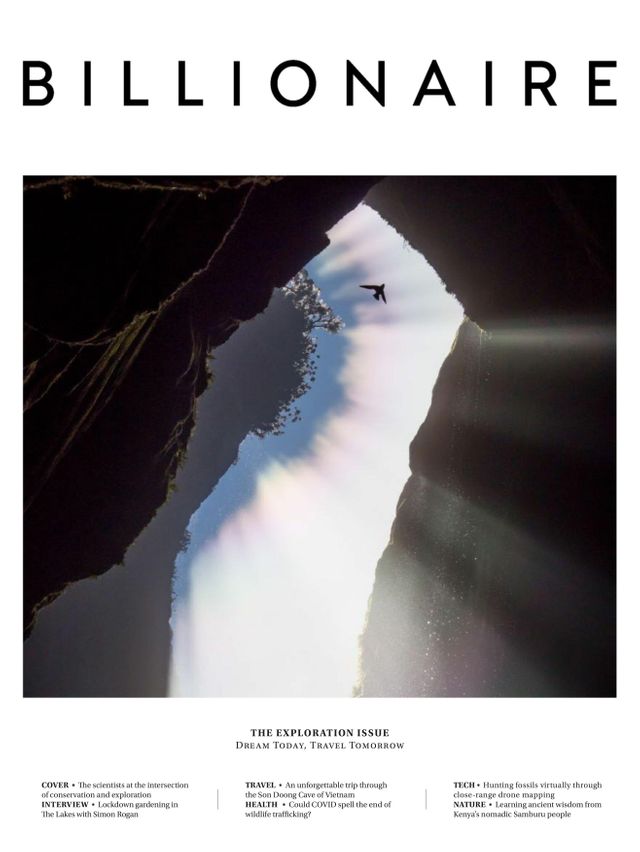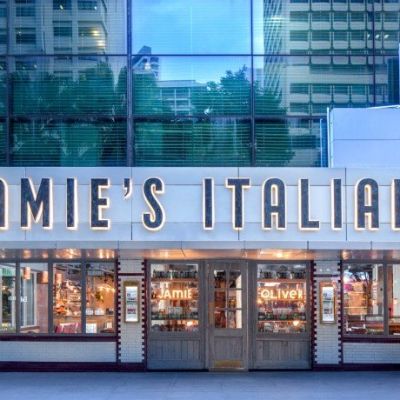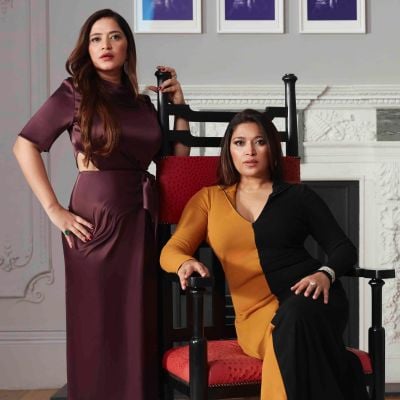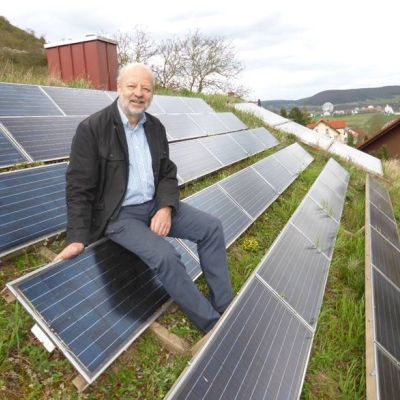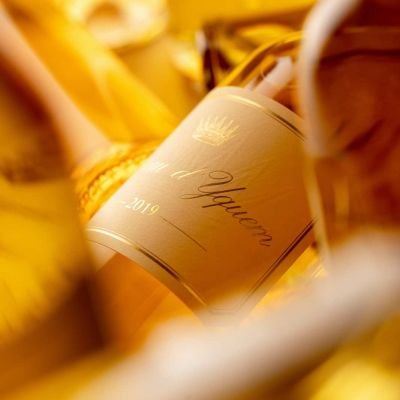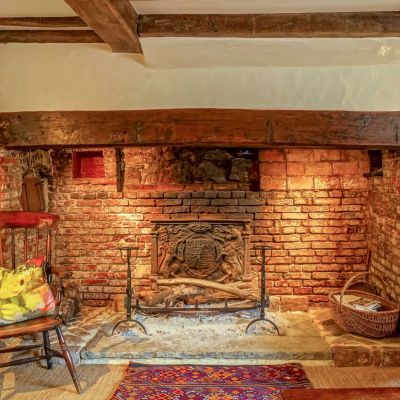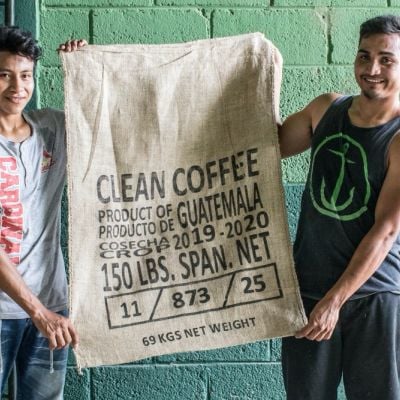Coffee With Conscience
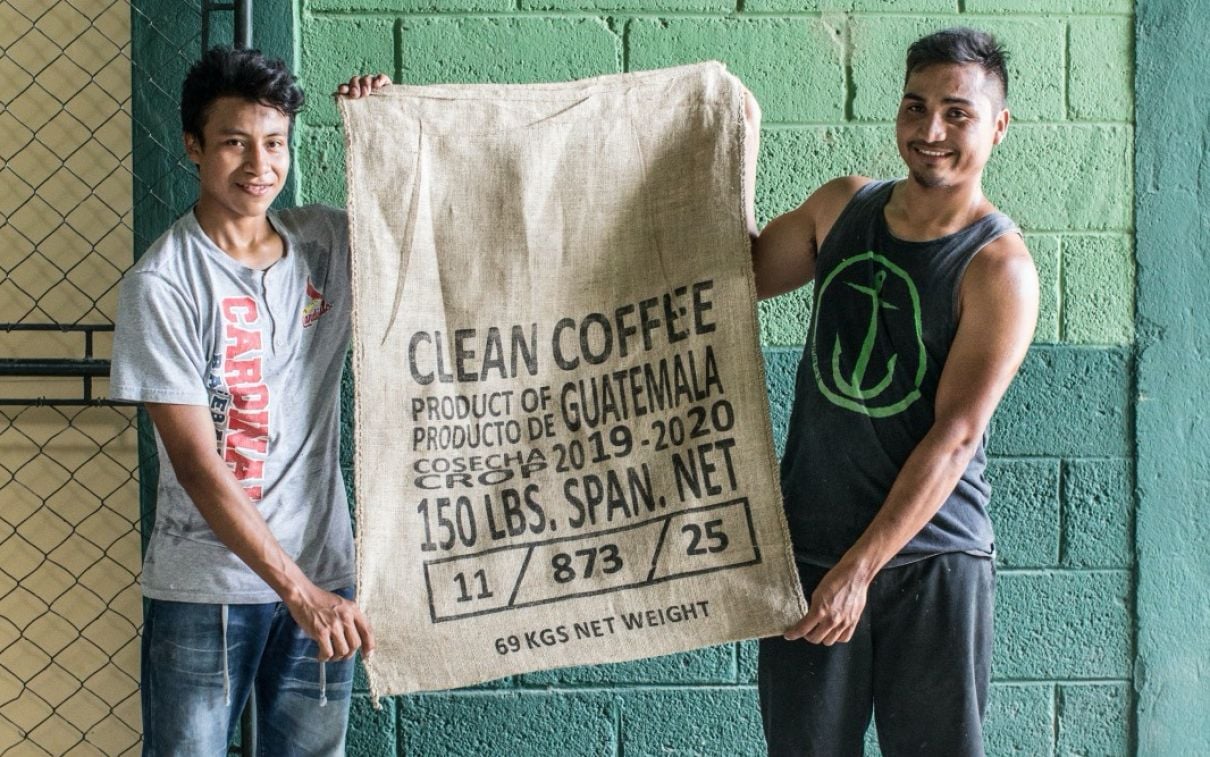
French coffee distributor Belco is hoping to establish a new coffee world order to give a larger chunk of profits back to farmers.
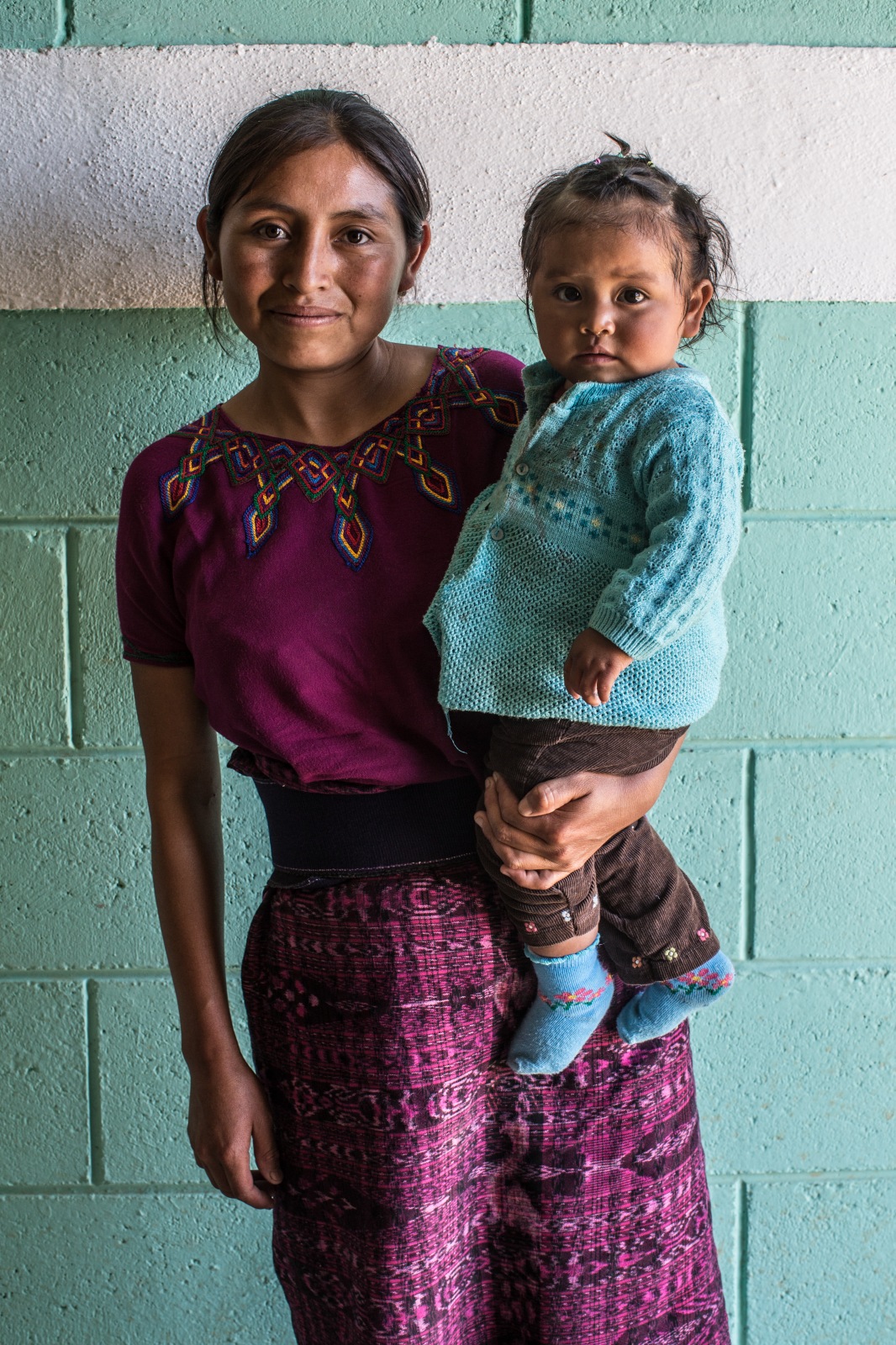
Guatemala is like no other country in Central America: the beating heart of the Mayan culture. It is a colourful nation with a rich past, vibrant colonial cities and ancient pre-Colombian ruins. The landscapes are equally fascinating: a land of towering volcanoes, dense jungles and shimmering lakes; Guatemala is bountiful.
Heading north east from the capital city to the steep hills of Quetzaltenango, near the Mexican border and the Chiapas province, one discovers dry red earth and dirt roads that wind up and down the central highlands through endless coffee plantations.
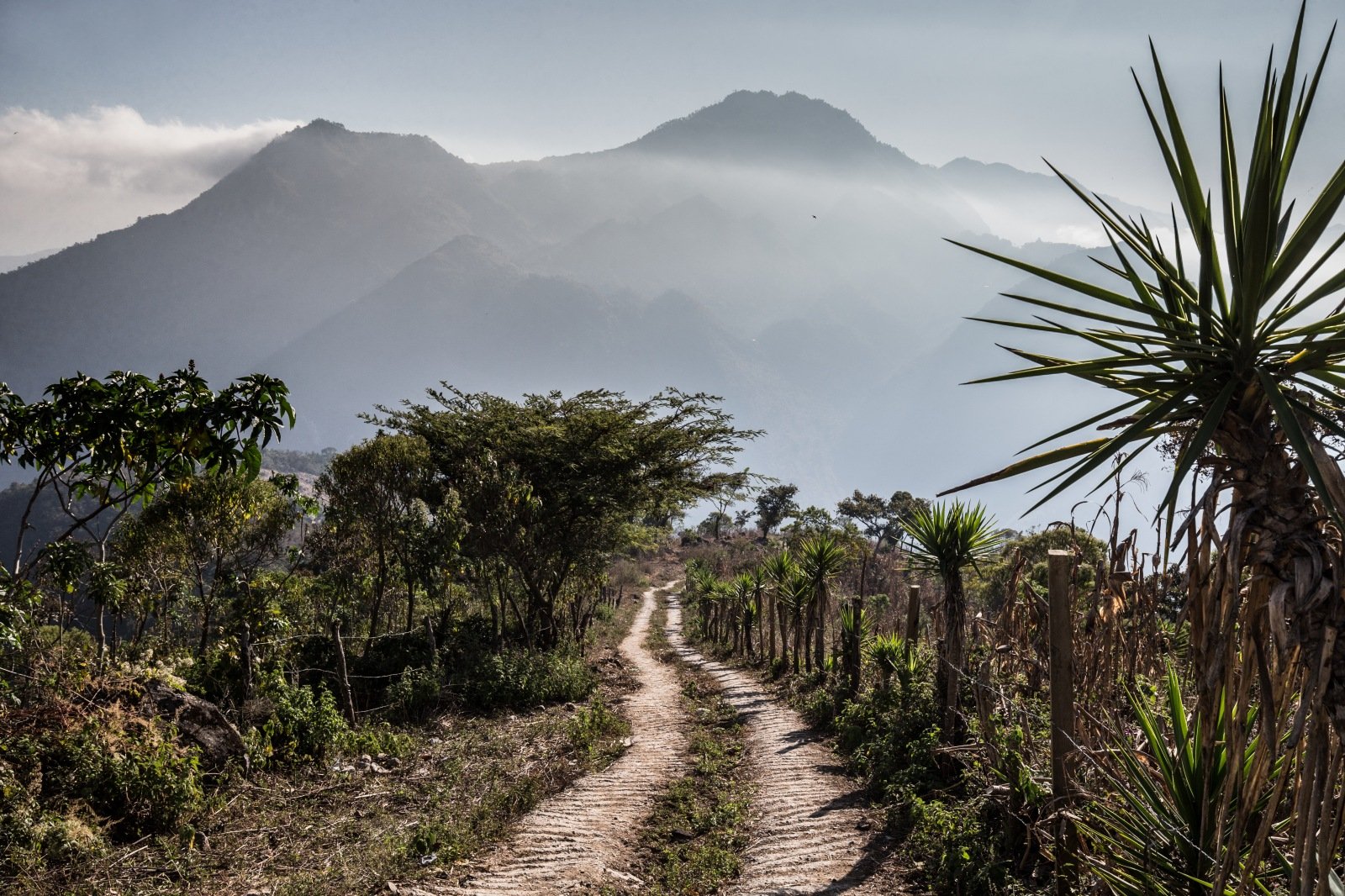
Tourism is scarce, leaving room for genuine encounters. Timeless scenes of daily life abound, with laughing children drawn to the outdoors; bright textiles; and beautiful high-cheekbone faces. Bright with colours, flourishing markets, exotic flowers and the crimson red of ripe coffee cherries, Guatemala has a unique way of casting its spell on visitors.
Sylvain Caron fell in love with Guatemala, which led him to create the award-winning Parisian café Brûlerie Caron on his return to France. With his wife, he ran the business with a commitment to respecting small coffee producers and empowering them. Now run by his daughter Anne, Brûlerie Caron still adheres to the same strict ethical values.
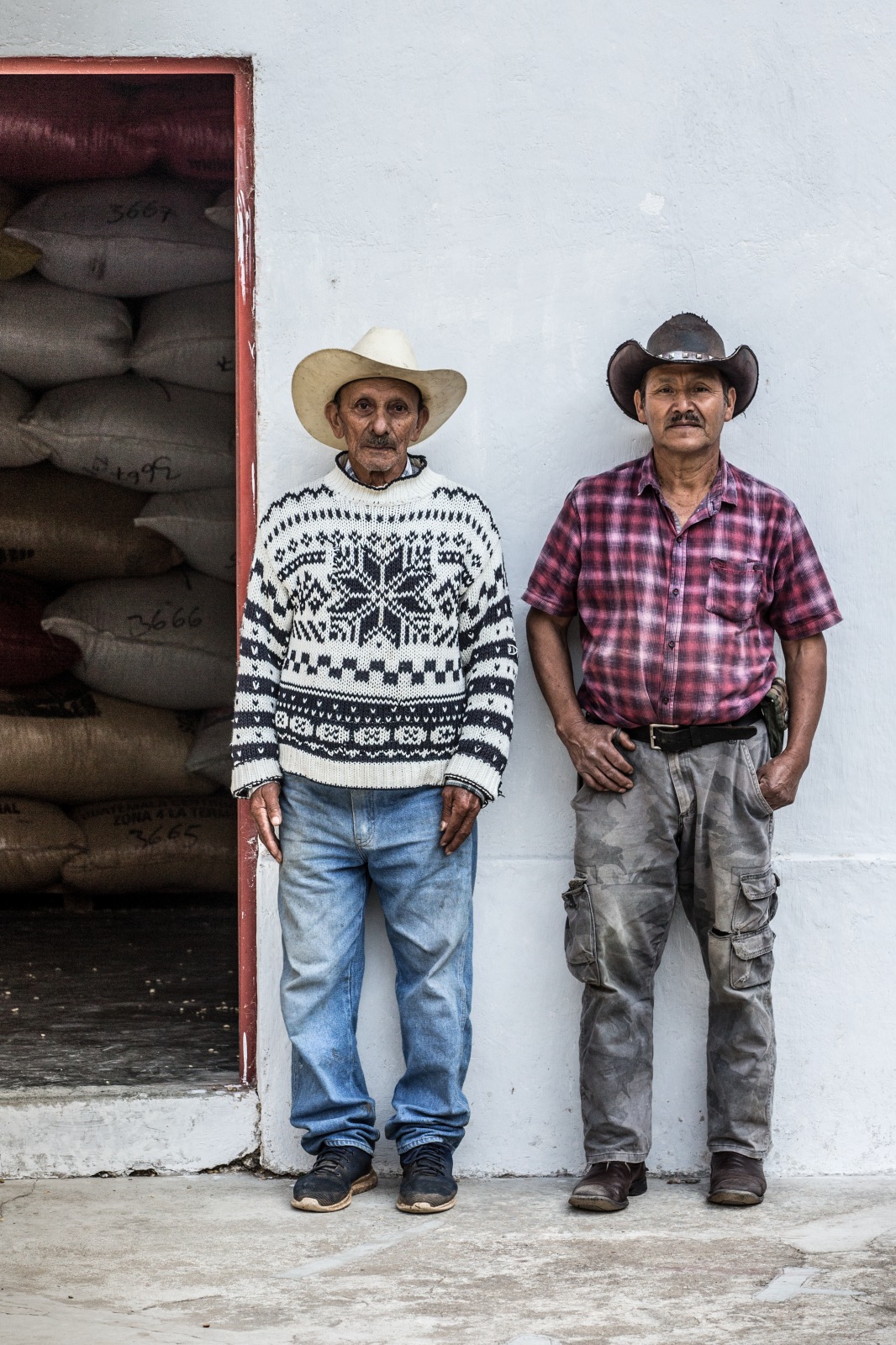
“Guatemala is the first coffee country my parents ever travelled to,” says Caron. “They were touched by the population’s profound ties to the Mayan culture, their innate relationship to nature and real soil; they were also fascinated by the way growers cultivated coffee on vertical slopes.
“When you know how important the soil and terroir are to grow exceptional small-batch coffees, Guatemala stands out as unique destination. There is an element of magic when coffees reflect a soil, a culture, a natural agriculture,” she explains.
“Whether it’s Arabica Bourbon [a slightly sweet, green and bitter bean] or Arabica Catuai [a much sweeter bean], the coffee is of exceptional quality. When you purchase high-quality coffee, the roasting process requires your full attention: it reveals the full potential and subtle taste of the incredible fruit,” says Caron.
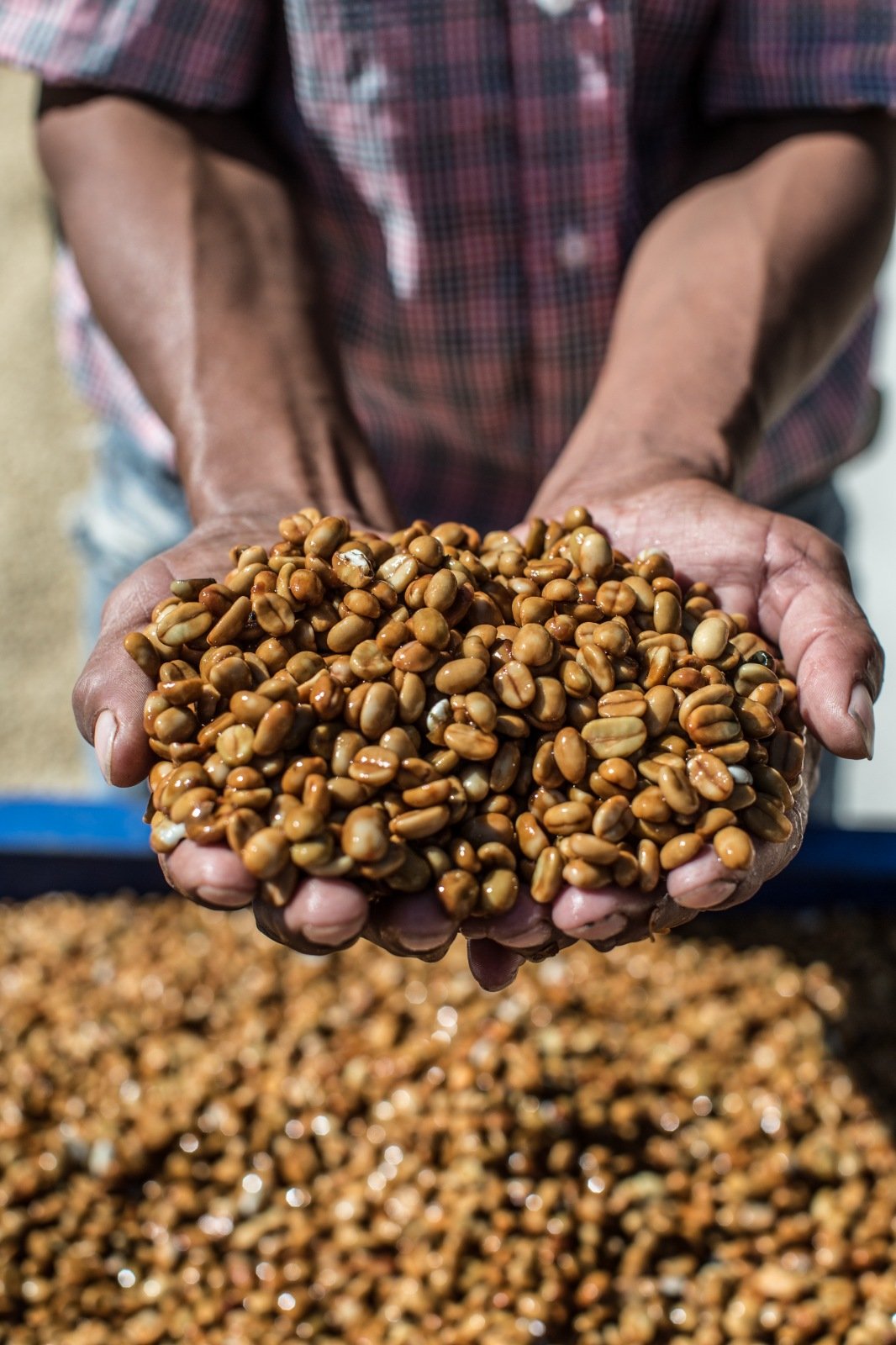
The Carons believe we should all know the worth of the cup of coffee. Yes, we know the price we pay for an espresso in a specialty coffee shop or an Americano transiting through an airport. But the price small coffee producers are paid is very unstable.
Not only is the coffee market susceptible to bad weather, pests, and political uncertainty, but it is always exposed to economic hardships caused by fluctuations in the global coffee price: known as the C price.
The C price is determined by worldwide supply and demand, but it’s also influenced by the predicted price of future coffee-based financial derivatives. In other words, brokers and financial markets dictate what millions of farmers will earn at any moment in time. The three huge conglomerates (Lavazza, JDE and Nestlé) that run the coffee market also use their dominant position to put strain on the prices. For decades now, they have taken advantage of a situation: like in most markets, the smaller businesses are the most vulnerable, the ones that will give in easily on prices.
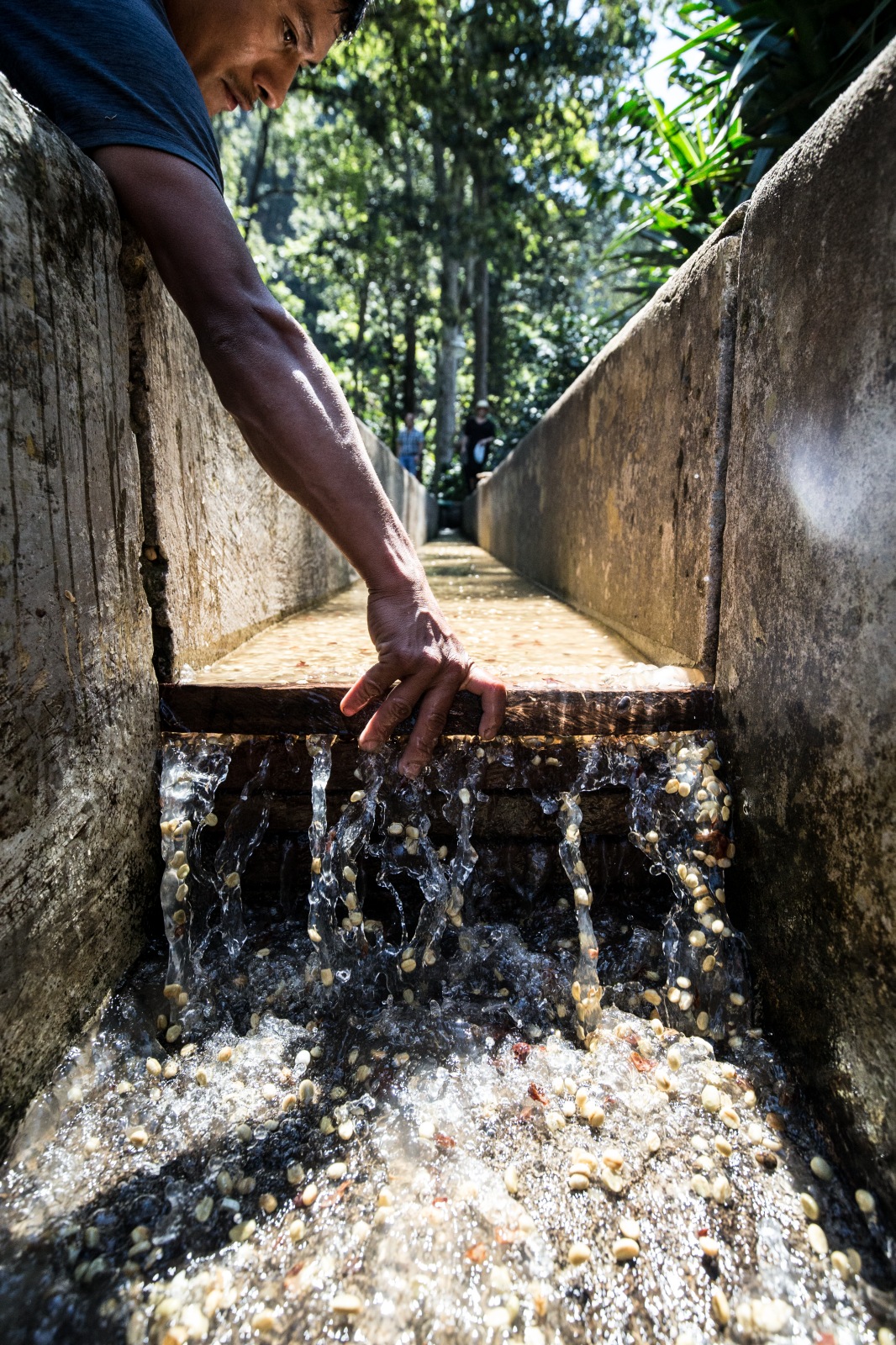
Coffee is no exception to this principle: 80 percent of the world’s coffee is produced by 25 million small farmers who have no say or leverage as they are faced with unstable prices. This market-driven system plays on quantities rather than quality: it offers no formal consideration for specialty-grade quality coffee.
Now, look at your cup of coffee. It becomes our responsibility, as ethical consumers, to start purchasing our drinks differently: we need to make conscious choices to defend higher prices, better-quality coffee, sustainability and social justice.
And that is fast becoming available in many good coffee shops such as Brûlerie Caron thanks to people such as Alexandre Bellangé and his father Nicolas, founders of Belco: an independent family-owned company that specialises in the sourcing and distribution of 'green coffee’ in Europe.
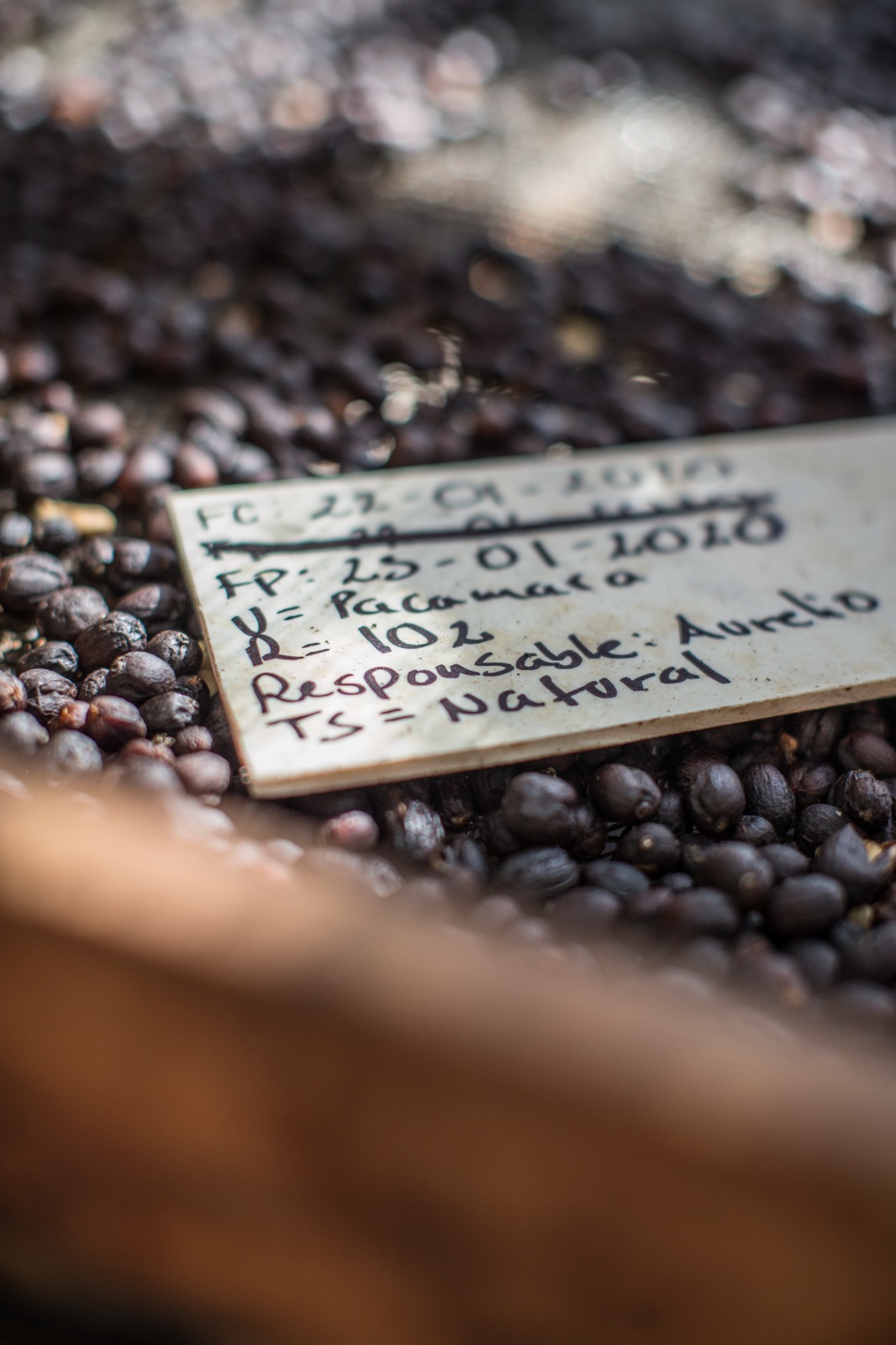
The Bellangé family wants to put a new ‘coffee trade order’ in place where farmers can rely on a stable income above the market price (farmers are paid up to 30 percent more).
Alexandre believes in an independent commerce that prioritises short supply chains, traceability, quality coffee and long-term relationships. In other words, he establishes direct, long-lasting relationships between producers and roasters, to help them create a better future.
Every year, Belco selects, purchases and sells 110,000 bags of high-quality coffee to 650 independent roasters in 30 countries in Europe.
“All of our coffees have a story: they are grown and hand-picked by local communities we know, have visited and support. Their future depends on the way we respect, buy and distribute their coffee: on how we promote innovation, sustainability, farming know-how and terroir identity.”
“We choose the people we work with before sourcing their coffee,” says Alexandre. We build for generations to come.”
This article originally appeared in Billionaire's Exploration Issue, Summer 2019. To subscribe contact

